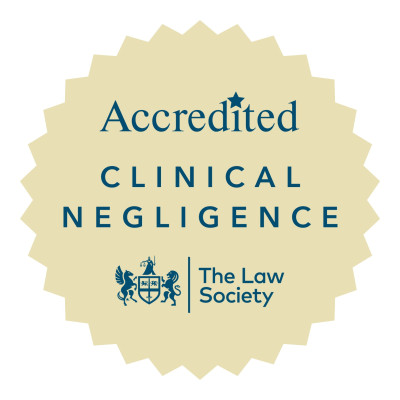CLOSE SEARCH

Losing a loved one is one of the most difficult experiences anyone can face, and it can be even harder to bear if their death was caused by medical negligence.
At Taylor Rose, we understand the emotional and practical challenges families face after a loss. Our large, specialist and highly accredited team will work with medical experts and gather evidence, including medical records, witness statements, and expert opinions, to build a strong case on your behalf, helping you seek justice and financial security for your family.
A fatal claim arises when a person dies as a result of substandard medical care. This could occur due to:
Failure to diagnose: Missing or delaying the diagnosis of a life-threatening condition, such as cancer, sepsis, or heart disease.
Surgical errors: Mistakes during surgery that result in fatal complications.
Medication errors: Prescribing incorrect drugs or dosages with fatal consequences.
Negligence during childbirth: Resulting in the death of a mother or baby.
Inadequate emergency care: Failing to provide prompt and effective treatment in critical situations.
In these cases, families may be entitled to make a claim for compensation to address the emotional and financial impact of their loss.
Under the Fatal Accidents Act 1976, certain people are eligible to bring a claim, including:
The deceased’s spouse, civil partner, or long-term cohabiting partner.
Children or dependants of the deceased, including stepchildren and adopted children.
Parents or other relatives who were financially dependent on the deceased.
If you’re unsure whether you are eligible, our team can provide clear advice on your rights.
Compensation in fatal claims aims to address both financial and non-financial losses, including:
Bereavement award: A fixed statutory payment for the loss of a loved one, currently set at £15,120 in England and Wales.
Loss of financial support: Compensation for the income or financial contributions the deceased would have provided to dependants.
Funeral expenses: Covering the cost of burial or cremation.
Loss of services: For contributions the deceased made to the household, such as childcare or maintenance.
General damages: In some cases, compensation may also reflect the pain and suffering experienced by the deceased before their death.
In most cases, you must bring a claim within three years of:
The date of death, or
The date you became aware that negligence contributed to the death (the “date of knowledge”).
There may be exceptions for children or those lacking mental capacity, but it’s essential to seek legal advice as soon as possible to avoid missing these deadlines.
We’ll provide clear advice on your options and guide you through the process of making a claim.



-400.jpg)

Telephone -
9am to 5pm

Partner & Head of Medical Negligence Department
Lauren heads up our Medical Negligence Department and has a wealth of experience in this area having specialised in medical negligence since qualification in 2004.She started her career working at two of the leading medical negligence firms in L......Call the Taylor Rose team or fill out the form below and we will get back to you as soon as possible.
Telephone opening hours -
9am to 5pm